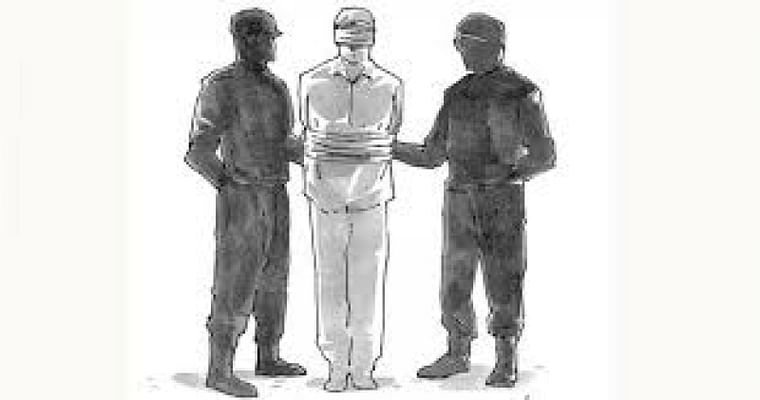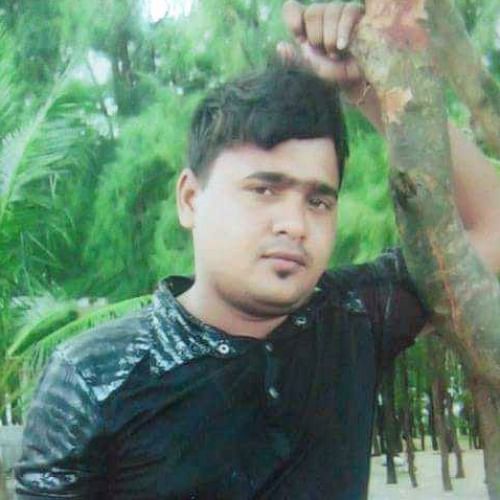
A woman was killed on 8 July 2017 at Madhyakandapara in Narsingdi. Her family said the murder took place sometime between 9:30am and 1:30pm on the day. The woman’s only son was taking his pre-SSC test exams at the time. He returned home to find blood all over and his mother dead.
Three weeks passed since then and the police failed to unravel the mystery of the murder. They interrogated the woman’s husband, daughter and son-in-law at the police station. Then the son was summoned. His name and that of his parents have not been revealed as he is a minor.
After detaining the boy for four days at the police station, they declared that he was the one who had slaughtered his mother. The case is under trial at the Narsingdi juvenile court. The boy is out on bail.
Also Read
Police spat on detainee when he begged for water

Human rights activist Nur Khan feels that the aspirations with which this law was enacted, have not been fulfilled. He told Prothom Alo, that even after their relatives are killed, people force themselves to remain silent. After all, the law is not enough. Implementation of the law is needed. Custodial torture and deaths occur because there is no accountability.
Why the law, what’s happening?
It is said that the Torture and Custodial Death (Prevention) Act was enacted in order to make effective the UN declaration against torture and other cruel, inhuman or degrading treatment. Bangladesh is a signatory to this declaration signed on 10 December 1984 in New York.
Those who observe the state of human rights in Bangladesh, say that though the law may be a good one, the circumstances are still not in favour of the victims. Human Rights Watch (HRW) on 29 July last year, brought out a report, ‘UN Recommendations on Torture’.
They gave several instances of how the torture was carried out – beating with iron rods, belts and sticks, electric shocks, hanging from the ceiling, waterboarding where the victim experiences suffering like drowning in water, and also shooting the soles of the feet and crossfire in the name of self-defence.
Recently a video of Teknaf’s former OC Pradeep Kumar Das and inspector Liaqat Ali was made public, showing them receiving electric shocks and being beaten severely while in custody of the Rapid Action Battalion (RAB). RAB’s legal and media wing director, lieutenant colonel Ashik Billah, denied such allegations.
The police headquarters spokesperson and assistant inspector general of police, Md Sohel Rana, speaking to Prothom Alo, said that if deaths occur in police custody and if the concerned members of police are proven to be guilty of criminal offence, then legal action is taken.









